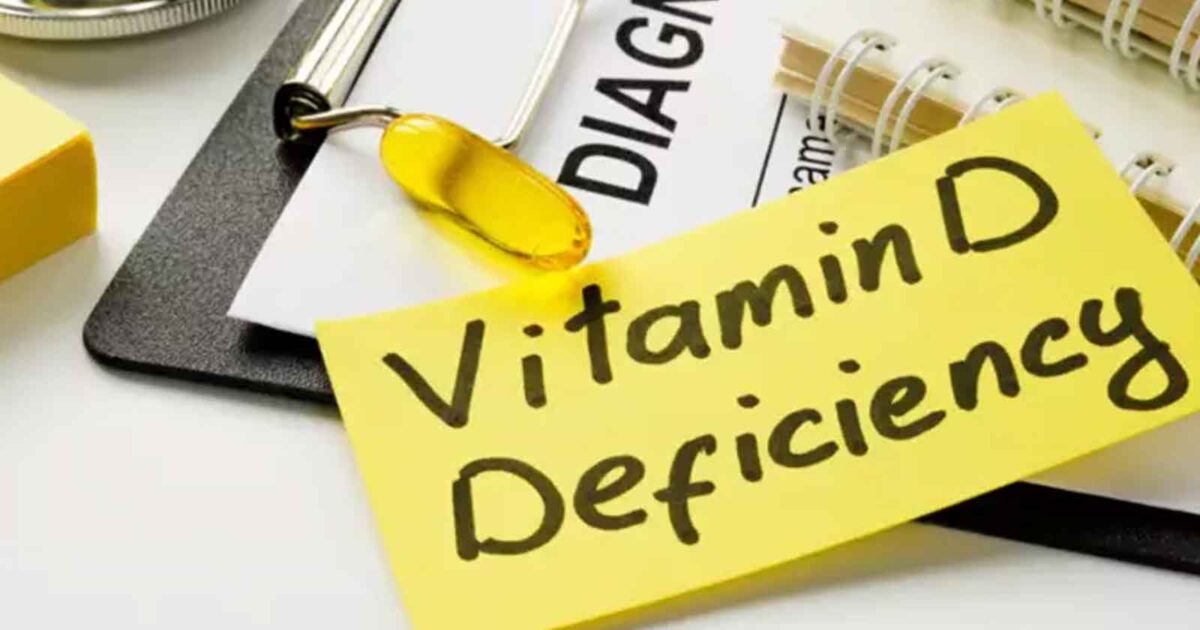
Vitamin D Deficiency: As the clocks were turned back last week and Storm Ciaran unleashed its fury, it officially feels like hibernation season. The drop in temperature, earlier darkness, and perpetual deliberation between turning on the heating or adding another layer all signify the onset of winter.
Beyond the typical gloominess associated with reduced daylight during this time, insufficient vitamin D intake can exacerbate the situation. With shorter days and decreased sunshine exposure, meeting our vitamin D needs becomes more challenging.
The NHS highlights the importance of vitamin D in regulating calcium and phosphate levels, crucial for maintaining healthy bones, teeth, and muscles. “From October to April, it’s recommended that those residing in the UK supplement with vitaminD because even occasional sunlight isn’t sufficient,” advises London-based nutritionist Clarissa Lenherr.
The NHS further advocates daily vitaminD supplementation during autumn and winter, with adults recommended to consume 10 micrograms per day.
But how can you tell if you’re deficient in vitamin D? Here are the most common indicators:
- Muscle Aches and Bone Pain:
“Vitamin D is crucial for bone health,” states Lenherr. “Many individuals experience muscle and bone pain due to its effects on these tissues.” Since vitaminD aids calcium absorption, insufficient levels can negatively impact bone health and increase the risk of calcium deficiency. - Increased Susceptibility to Colds and Flu:
During this season, catching a cold or the flu is common. However, if you find yourself falling ill more frequently, it might be attributed to inadequate vitamin D levels. Lenherr explains, “Vitamin D plays a role in immune system function, making individuals more susceptible to colds and flu or hindering their ability to fight them off.” - Low Mood:
While various factors can influence mood, low vitamin D levels may not be immediately apparent. Lenherr points out, “Some studies suggest a link between low vitamin D levels and a higher risk of depression and mood changes.” This correlation is frequently observed in clinical practice, with patients reporting feelings of sadness and a departure from their usual selves. - Fatigue:
In addition to affecting mood, insufficient vitaminD levels can impact energy levels. Lenherr notes, “Vitamin D plays a role in energy levels, so individuals may experience fatigue when deficient.” Combined with a weakened immune system and low mood, this can result in an overall feeling of malaise.
What to Do If You Suspect Vitamin D Deficiency:
Lenherr emphasizes that many of these signs can go unnoticed, with individuals attributing them to seasonal changes. To accurately assess your vitaminD status, consulting a doctor for a blood test is advisable. “This is crucial because excessive vitaminD supplementation can be harmful,” warns Lenherr. “Testing your blood ensures safe supplementation within recommended doses.”
Regarding Supplementation:
While supplements are essential for boosting vitaminD levels, relying solely on food sources can be insufficient. Lenherr suggests, “Vitamin D can be found in dairy, egg yolks, and fatty fish, but dietary sources may not provide adequate levels, especially for vegans and vegetarians.” As for timing, taking supplements in the morning mimics natural sunlight exposure and is recommended.
While nothing can replace the warmth of the sun on your skin, ensuring adequate vitaminD intake through supplementation can help counteract seasonal deficiencies.



